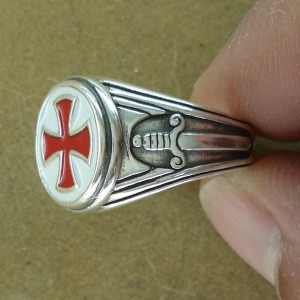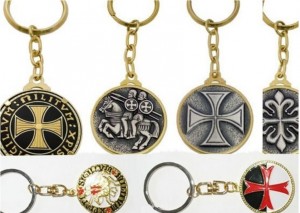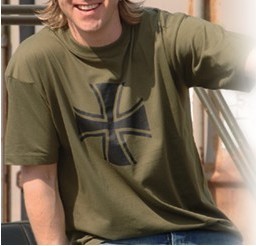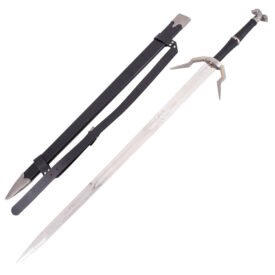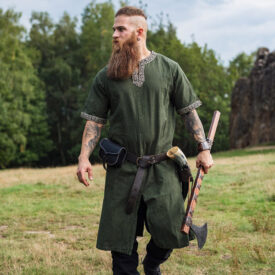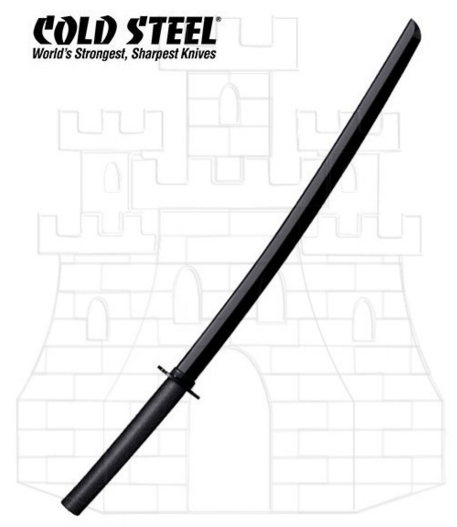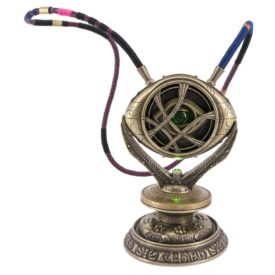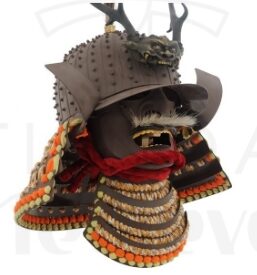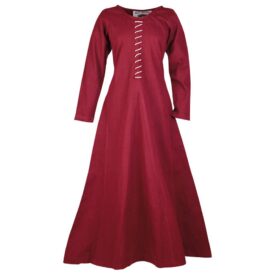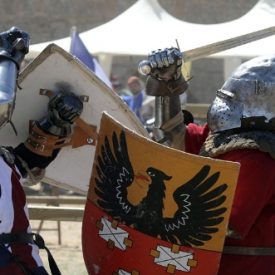Speaking of medieval costumes requires to transport ourselves to the history of the Middle-Ages, to its culture, its people, their habits and beliefs, their socio-economic structure, etc. The Medieval costume includes and represents all these aspects, therefore, it helps to place ourselves in the context of the time. We must see clothing as a part of the historical civilization.
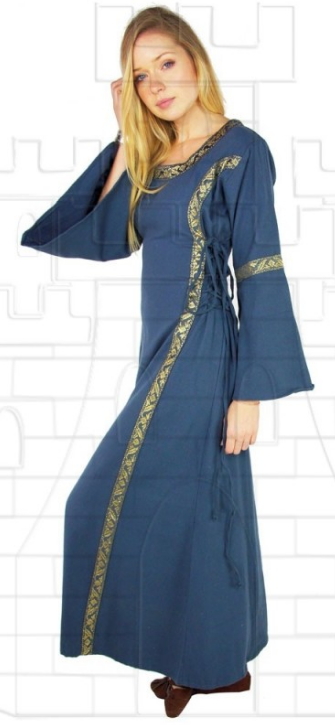
From our century, we can enter the IXth to XVth century, “get into the medieval”, trying to understand the context in which the events happened, customs and costumes of its people .
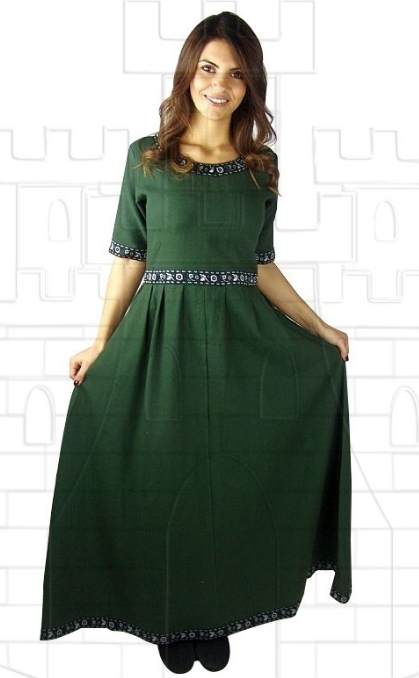
Among the medieval costumes for men, women, boys and girls we can also find shirts, coats, gambesones, pants, dresses, surcoats, etc. Currently, most medieval costumes factories follow an exhaustive study, classifying them according to the stage and the medieval feature matching.
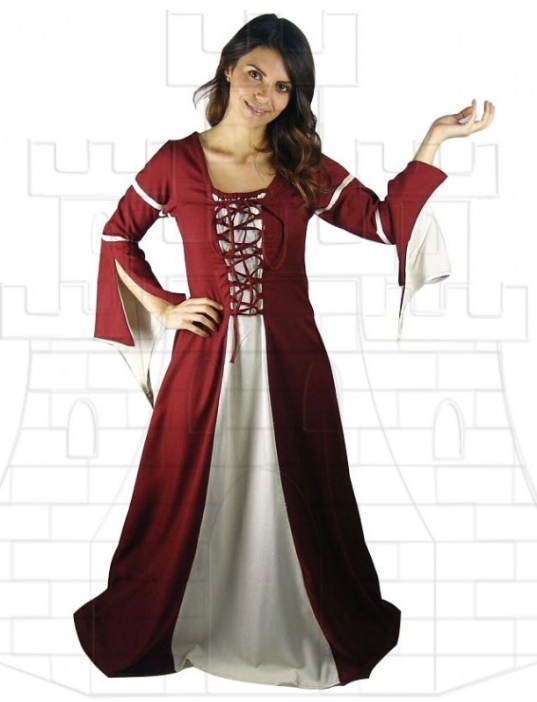
Without understanding the way we do nowadays, the concept of “fashion”, the medieval costume used to mark itself as a trend, the width of the sleevs, the lenght of the dresses, the necklines, the materials people used such as cotton, linen, wool, etc. All this was more or less considered, depending on the social class to which they belonged.
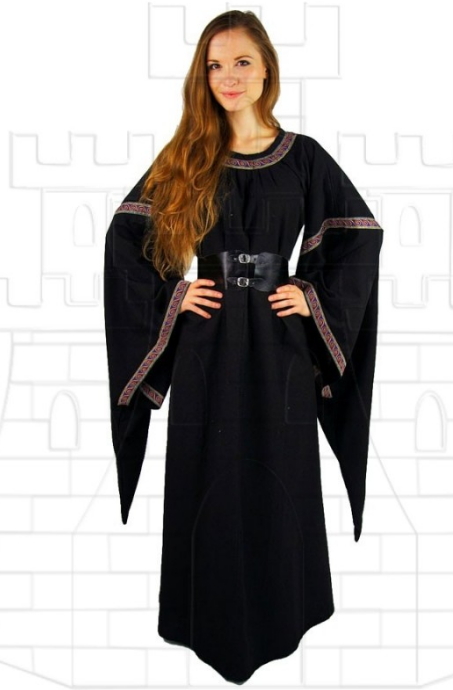
According to that social class, the clothes could have drawings, embroidery and the finest and elaborate fabrics. The pages belonging to different houses wore the color that represented the name of their master.
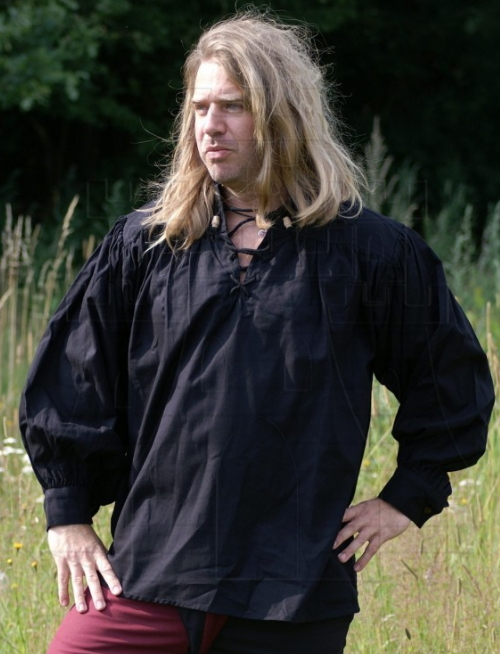
The medieval costume will never go out of fashion, on the contrary, the pass of time plays on its side and makes it more and more valuable and very appreciated. Whether for men, women, girls or boys, we can find different styles as Arab, Goya, Renaissance, Templar, etc.
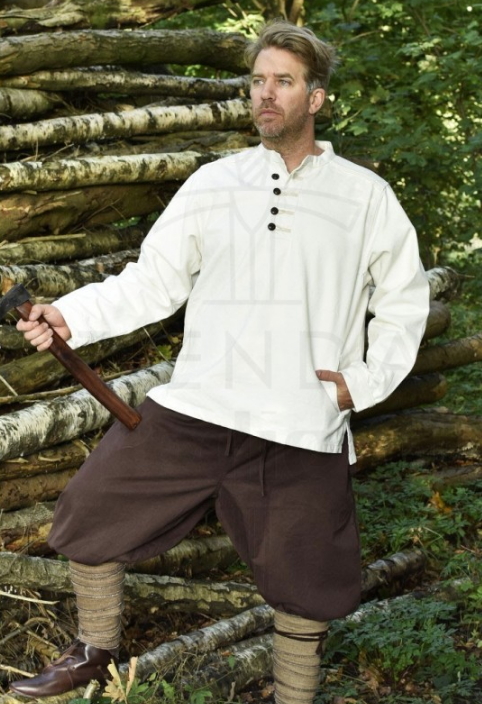
The accessories for medieval costumes such as belts, straps, tahalis or leggings, are manufactured according to the hierarchy and materials typical of the era.
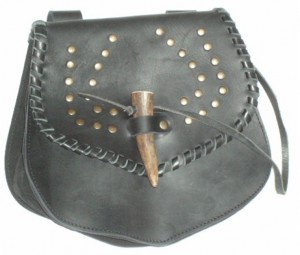
Among the accessories we can also find bags, bracelets, pads and hats. Leather was one of the prefferd materials for the manufacture of complements because of its durability; formerly, the quality of things used to be measured by the time they lasted.
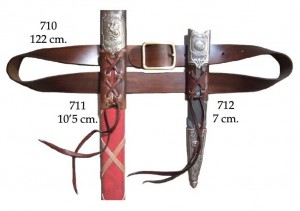
The rings, pendants, earings and brooches complement the beauty of the costumes. The owners of the wealthiest houses shone gemstones, and not only on holidays, and the ladies used to spend many hours in front of the mirror, surrounded by their maids.
The costumes are inspired by medieval characters from kings, queens, maids, troubadours, knights, peasants to beggars. But the most sought after are the Templar Knights costumes. The children of the time weren´t less important, they became the center of attention at the royal parties, especially the girls, that, at a pretty short age behaved like real ladies.
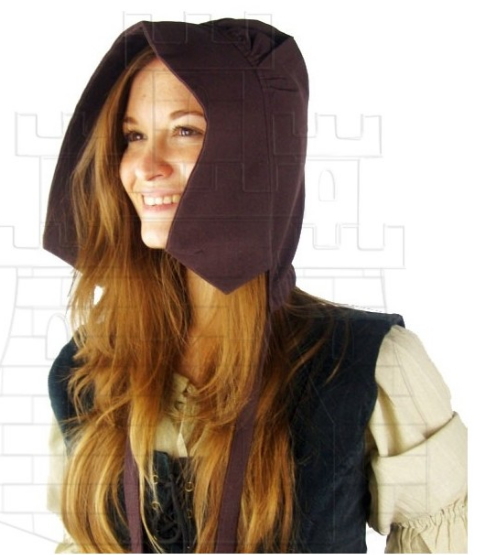
The boys were more playful, loved swords, bows, shields and, in general, everything related to fighting. They enjoyed imitating their parents, soldiers or knight to the royal service and took every opportunity to train alongside.
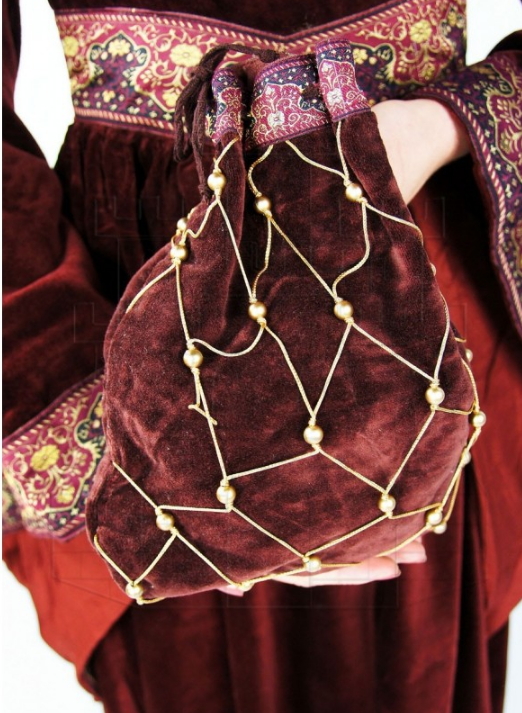
As for costumes used at medieval parties, we can´t ignore the Renaissance cut. It is ideal for weddings and events and very common in Spain and throughout Europe generally. There are many old castles that have become true medieval palaces, perfectly suited for all kinds of events, tournaments and medieval-themed celebrations.
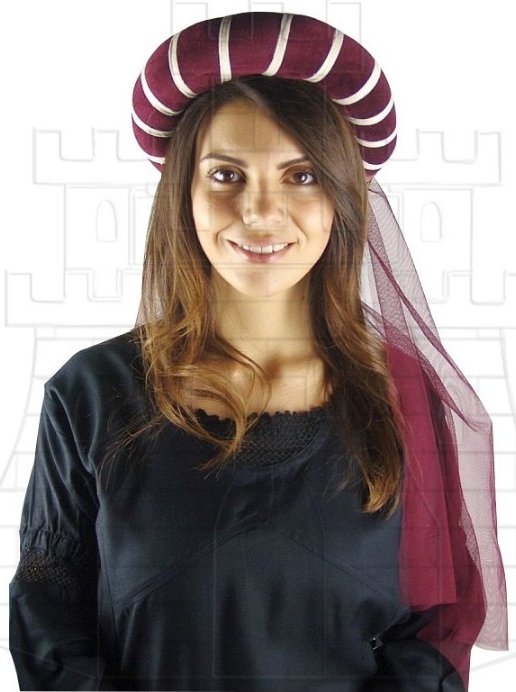
That is why this type of costumes and accessories are highly demanded. And though occasionally and symbolically, we like to remeber those times, the customs and traditions of the people; it is almost the only thing that binds us.
The interest in medieval times crosses borders and it´s the story of great Hollywood film productions and the most successful TV series in box office and audience. It seems that the pass of time makes medieval times more fashionable.
